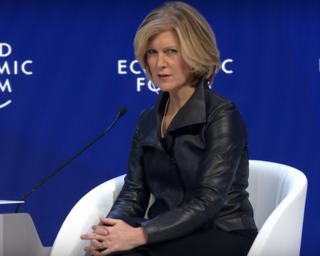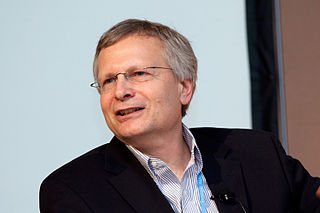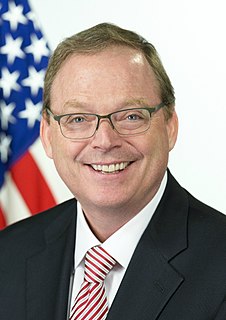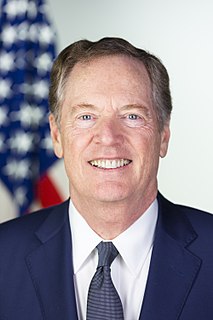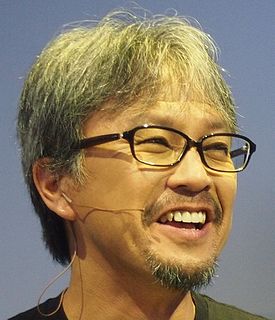A Quote by Roberto Azevedo
In an era of global value chains, worldwide sourcing and the never-ending search for new markets, we must be careful to avoid the proliferation of regional standards. A multilateral approach holds wider benefits for more actors.
Related Quotes
America ... holds up its way of life as the ideal for every nation, and seeks to impose its own standards of living - which many people think ridiculously and unwholesomely high - on others, partly of course in the search for markets. If it were openly stated that it was just a search for markets, that would be one thing, but it is not; by a tremendous propaganda campaign this materialistic conception is held up as an ideal, as somehow part of liberty, and above all, as a form of happiness.
Unlike national markets, which tend to be supported by domestic regulatory and political institutions, global markets are only 'weakly embedded'. There is no global lender of last resort, no global safety net, and of course, no global democracy. In other words, global markets suffer from weak governance, and are therefore prone to instability, inefficiency, and weak popular legitimacy.
We encountered an awful lot of problems from the drastic leap we took with Wind Waker. I think we will be a bit more careful in the future, but if we find a new approach that not just the developers, but also the users would enjoy then I think we will want to break new ground again. But we haven’t found such an approach yet.




